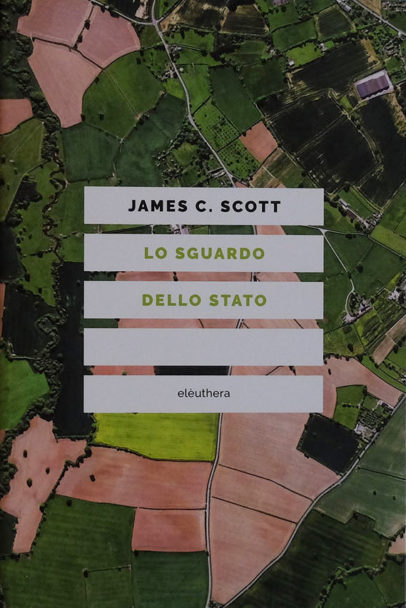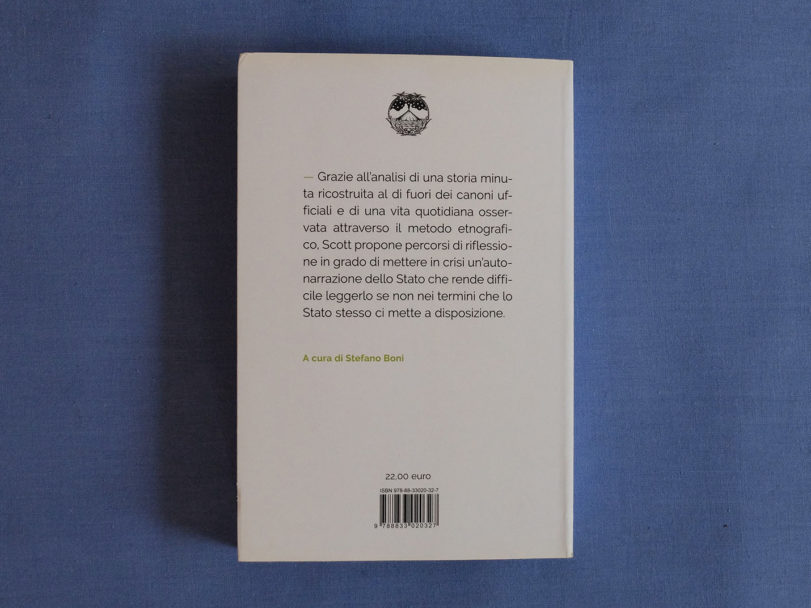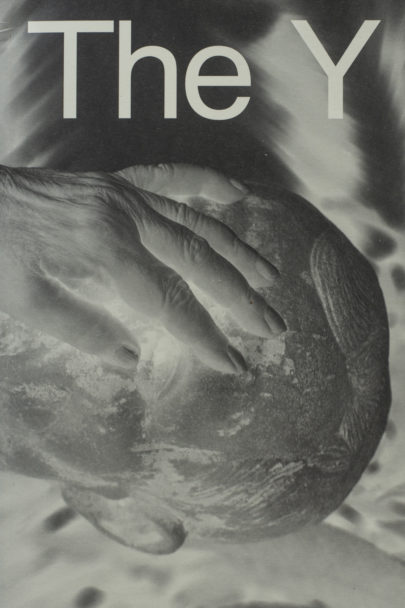
James C. Scott, LO SGUARDO DELLO STATO, 2019
22 Euro

2 in stock
The perspective with which the State looks at society and nature is intentionally ultra-simplifying because, to understand (and control) everything, it must inevitably compress the diversity of the territory and its population within standardized grids that are easier to manage. Reconstructing the epochal passage that led to the current configuration of power – through the establishment of maps, censuses, fixed surnames, cadastral lists, weights and unified measures … – is essential to grasp the art of modern government, with its claim of rationality – disavowed by the disasters caused by ultra-modernist social engineering in the twentieth century – and the invasiveness of its increasingly widespread control devices. These simplifications of nature, of society and even of the human soul have been made at the expense of vernacular, informal and non-codifiable practices, which Scott defines mētis. That is, those forms of knowledge rooted in experience that precisely because of their complexity remain incompatible with the schematization needs of any planned and centralized social order, thus confirming themselves as the most effective forms of resilience to escape the homologating gaze of the State.
James C. Scott is a professor of political science and anthropology at Yale University.
Elèuthera Editrice
2019
Traduttore: Elena Cantoni
Italian




